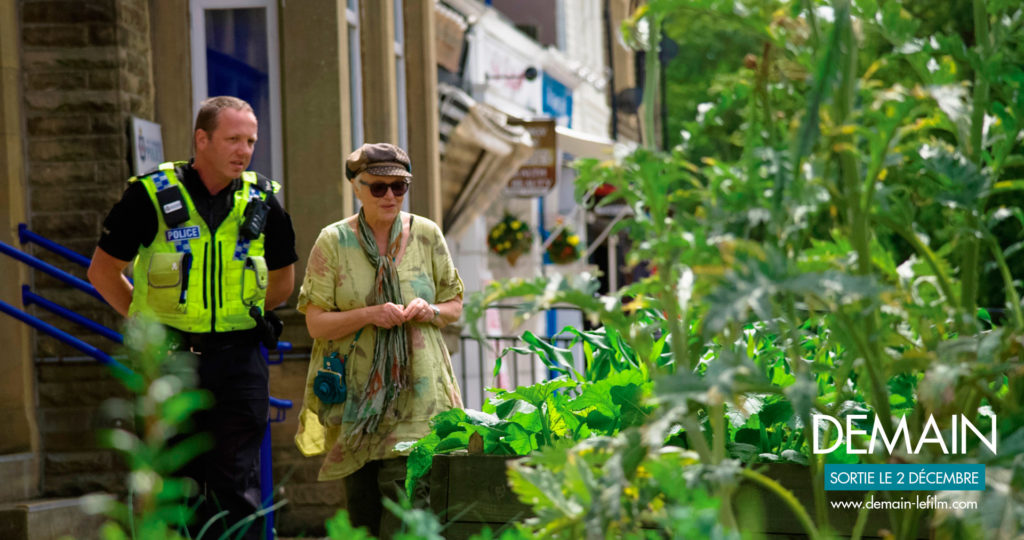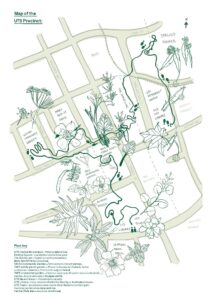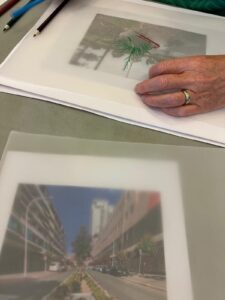
With a few recommendations, we went to the Sydney French Film Festival to see Tomorrow, a 2015 documentary by Melanie Laurent and Cyril Dion.
The film presents five chapters, each telling a local activist story that addresses the global challenges of Agricultue, Energy, Economy, Democracy, and Education.
Predictably, the agriculture chapter was most interesting to us, presenting the permaculture & agroecology success at the Bec Hellouin Farm. On a small plot of land in Normandy. Perrine and Charles Hervé-Gruyer started this farm in 2004, using permaculture principles to see whether a market garden without motorization could be economically viable. They worked with the Sylva Institute, the SADAPT (Sciences Action Development – Activities Products Territories ) and the INRA-AgroParisTech (National Institute for Agricultural Research) to produce a case study that quantitively demonstrates that small scale agriculture is economically viable.
In a comparative study, they showed that the production from 1,000 m2 of land using permaculture principles ensures an income equivalent to other forms of diversified organic market gardening, but on a much smaller surface area. The remaining land, the researchers argue, can be used to plant edible hedgerows, forest-gardens, meadow-orchards, and vegetable-orchards, to raise animals, to build eco-housing, dig ponds, install hives, and to enjoy. The full report is available here
The film sends a very hopeful message, and tells important stories about initiatives that ordinary people have taken in their communities. The documentary, we learn at the beginning, was sparked by a briefing in Nature predicting the possible extinction on humankind (oops on the film’s website only mankind) by the end of 21st century. Much doom and gloom. So the filmmakers set out to find stories of hope. This is a good start, and a breath of fresh air in contrast to catastrophic stories. Except that, while some of the stories are wonderful examples of grass root response, take urban farming in depleted Detroit for instance, others seem to advocate a politics of extreme localism. The way these stories are told, read in the current historical context of Brexit and Trumpism, is dangerous. It is not simply a matter of relocalising production and consumption (and representations of production and consumption), but of doing so in a perspective of global openness: it is not a matter of scale, the local is already global. This is implicit for instance in the international Transition Towns Network, which is where the film starts to find solutions. It is also in the fact that, in order to make the (English language) film, a small crew travelled across the world (though mainly in Europe and North America ), and in the way the film itself circulates globally. The format feels a bit didactic at times, and the many shots of the beautiful young French people discovering the world are gratuitous; but it is an honest and earnest film. After all, these are important stories that should be circulating, providing evidence for social action and policy changes.







0 Comments